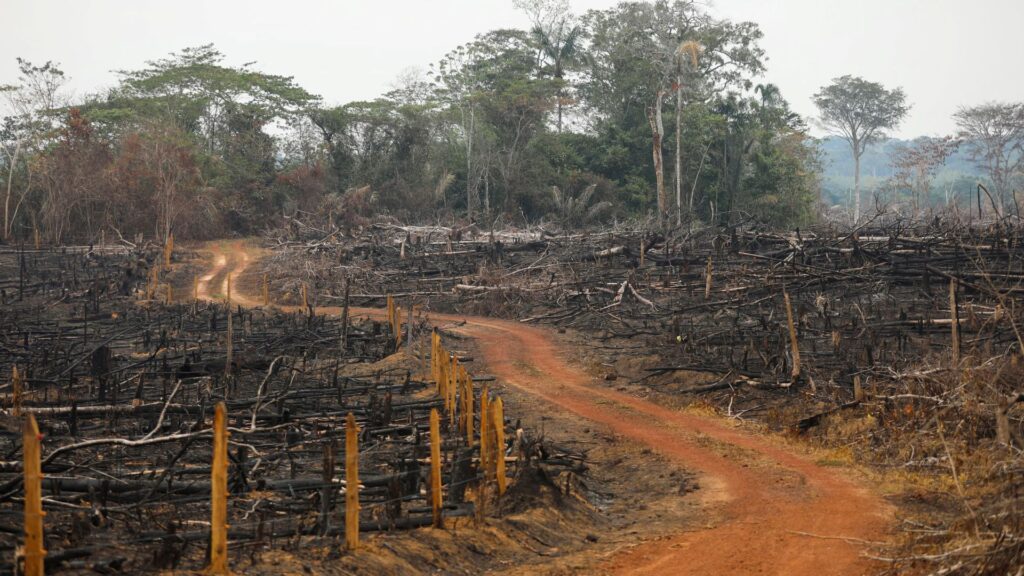Colombia has reported a significant 33% reduction in deforestation during the first quarter of 2025, compared to the same period last year, according to data released by the Ministry of Environment. Officials attribute the decline to a strengthened national strategy combining community involvement with enhanced enforcement against environmental crimes.
Environment Minister Lena Estrada Añokazi shared the figures during a press briefing, stating that deforestation fell from 40,219 hectares in early 2024 to 27,000 hectares this year. The Amazon region, while still the most impacted, saw a notable 54% decrease in forest loss within its national parks, including Tinigua, Chiribiquete, and La Macarena.
“These are promising signs, especially in protected areas of the Amazon, where years of destruction have threatened vital ecosystems,” Estrada said.
Of the 18 deforestation hotspots identified across the country, 13 were located in the Amazon. Other regions affected include Catatumbo, Arauca, and Colombia’s northern Pacific coast. The departments of Meta, Caquetá, and Guaviare showed the most substantial declines, though Putumayo experienced a slight increase in forest loss.
Estrada credited the government’s comprehensive deforestation control program, which integrates community pacts, institutional reforms, and joint operations with both the Ministry of Defense and the Attorney General’s Office. The crackdown has already resulted in arrests, including individuals involved in illegal environmental activities.
However, despite the improvements, a recent report by the Office of the Inspector General highlighted continued threats to protected areas, particularly from illegal coca cultivation and unregulated mining. Between October 2024 and March 2025, the country saw a total forest loss of nearly 88,900 hectares, much of it in environmentally sensitive zones.
To sustain and expand progress, the environment ministry is launching a territorial action plan that will prioritize collaboration with local and Indigenous communities. The initiative will kick off in June with regional dialogues, beginning in Villavicencio, targeting leaders from the Amazon and Orinoquia regions.
Colombia’s deforestation challenges stem largely from land grabs, unauthorized infrastructure, cattle grazing, illicit mining, and the expansion of coca crops — the base ingredient for cocaine production.
The ministry emphasized the need for sustained cooperation between national institutions and local stakeholders to safeguard the country’s forests in the long term.

